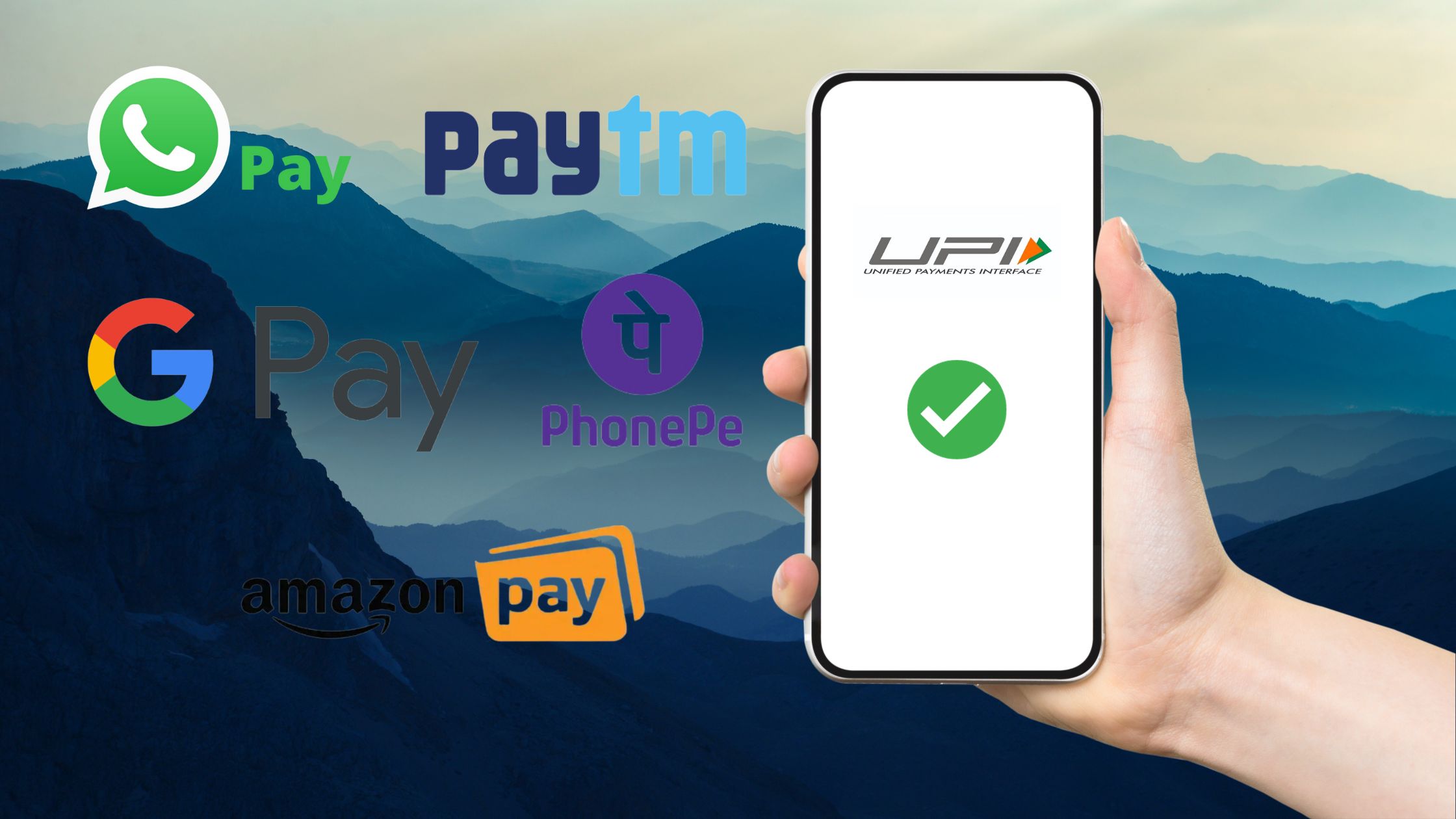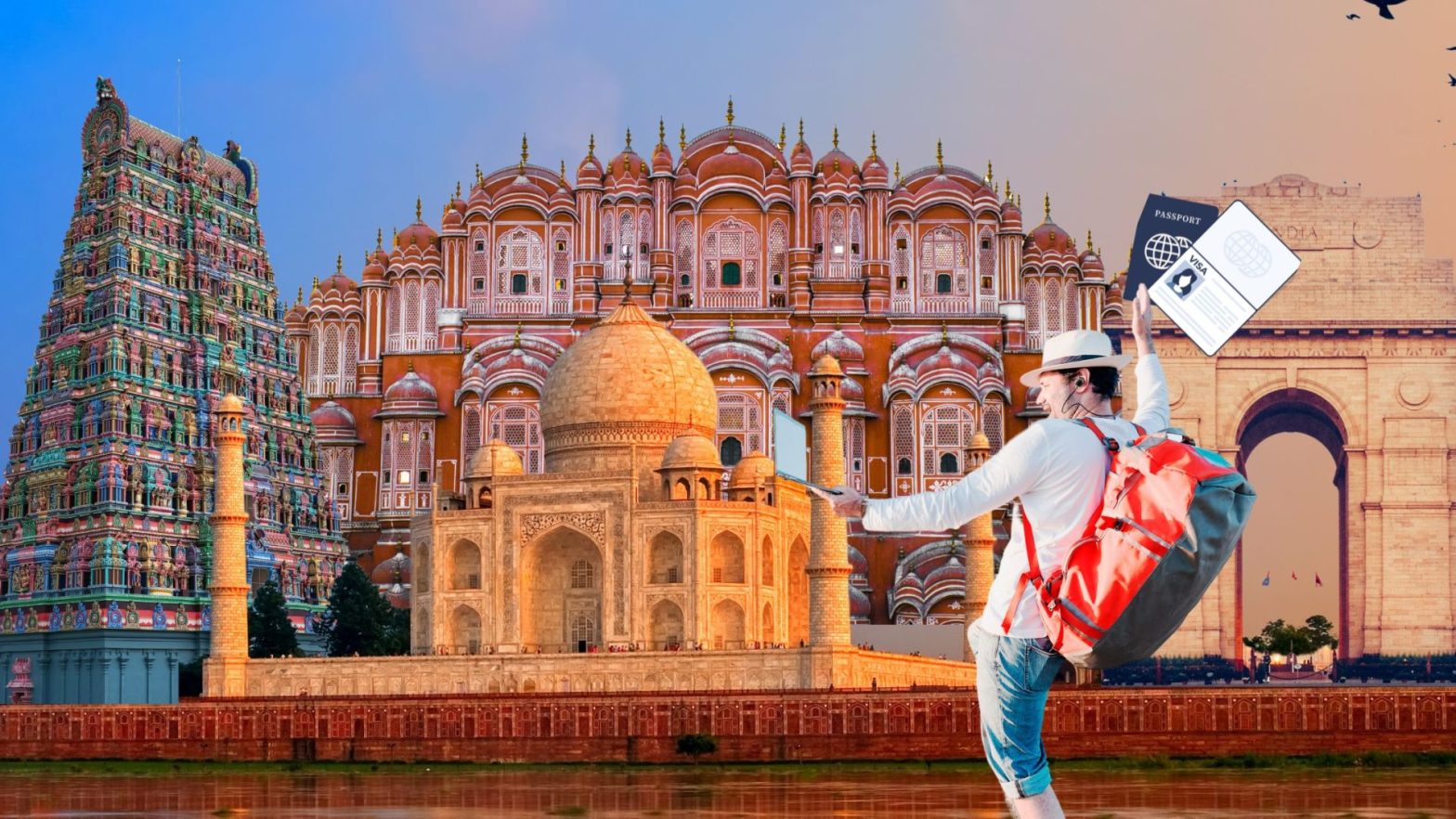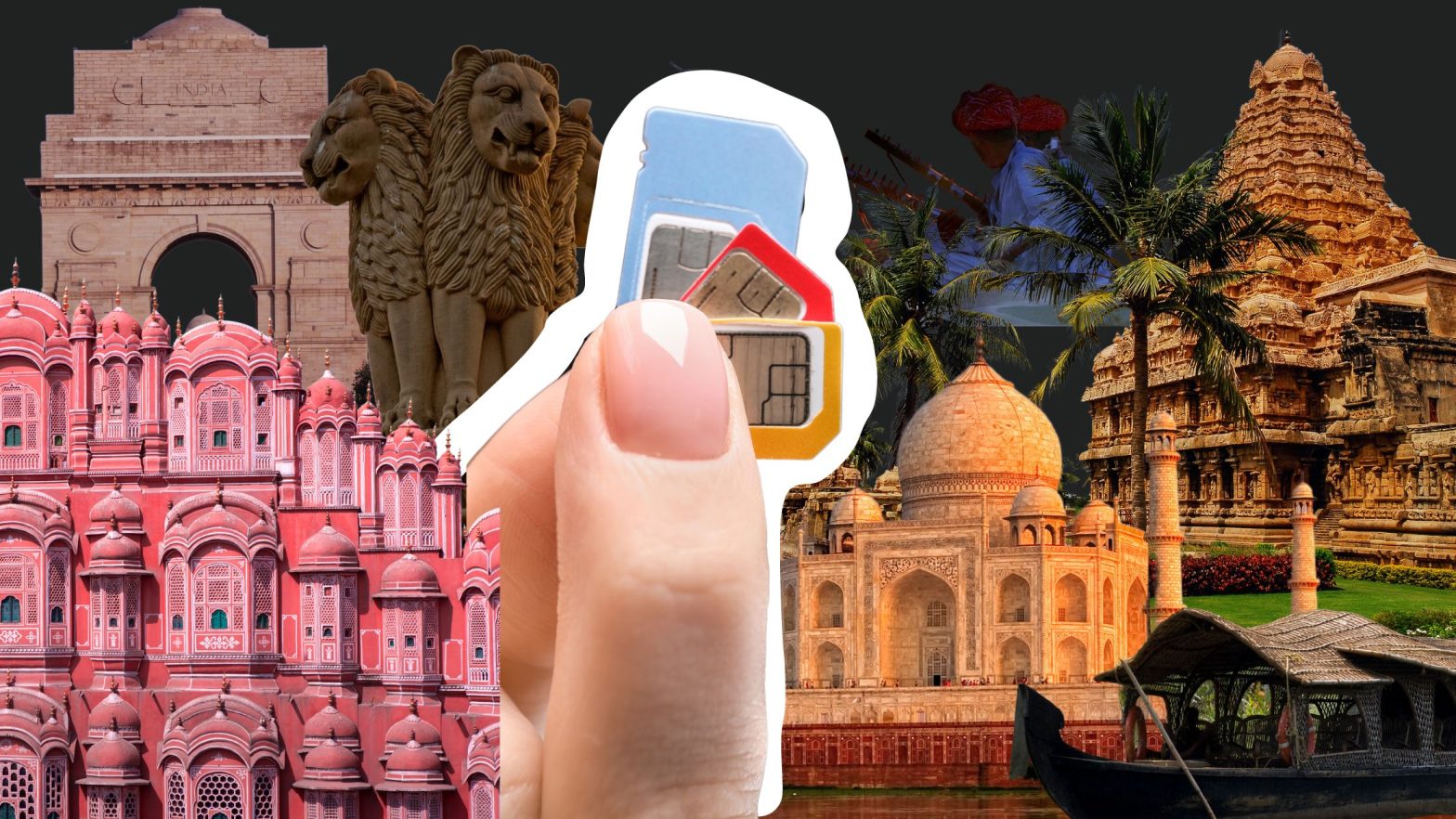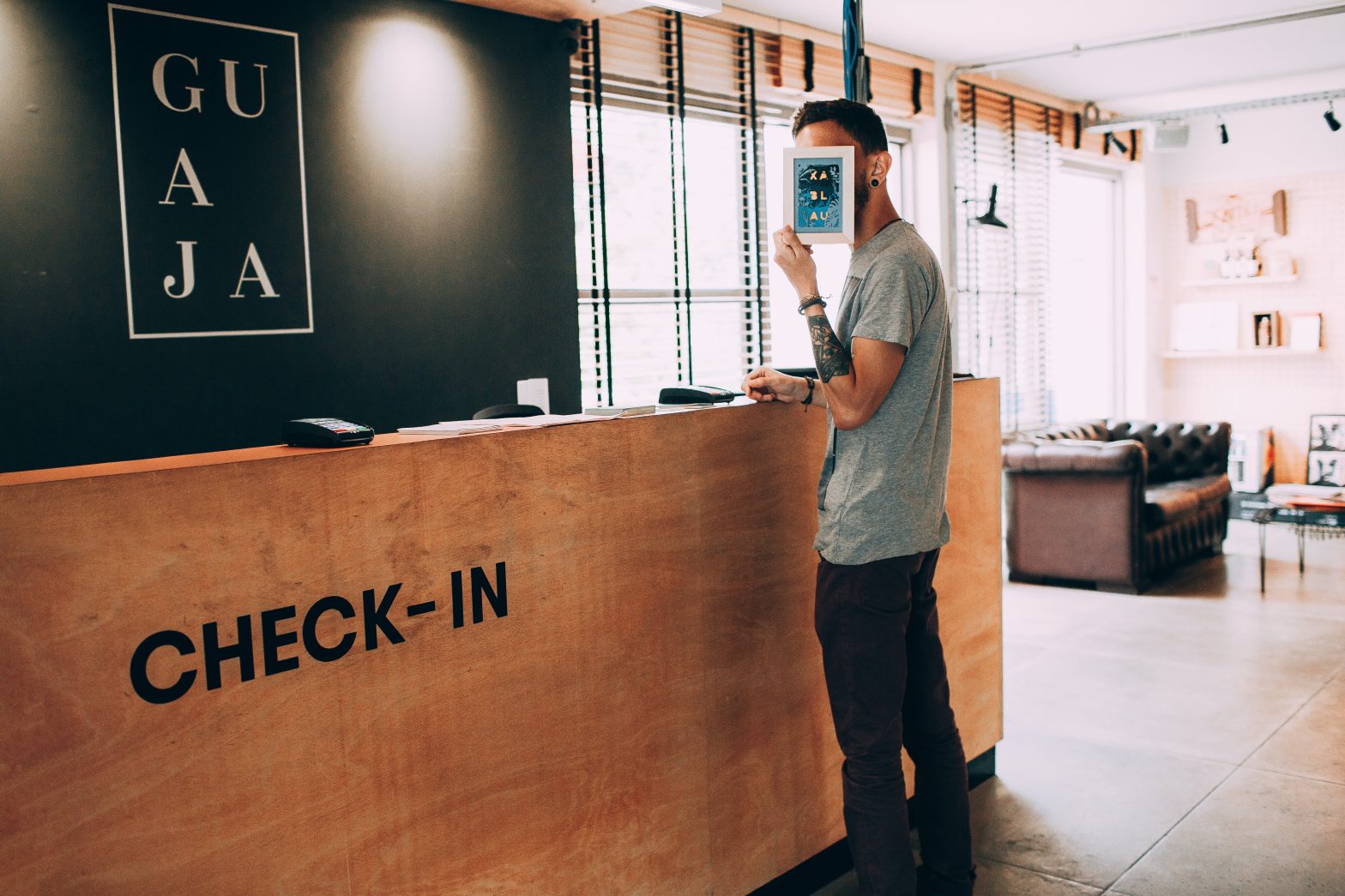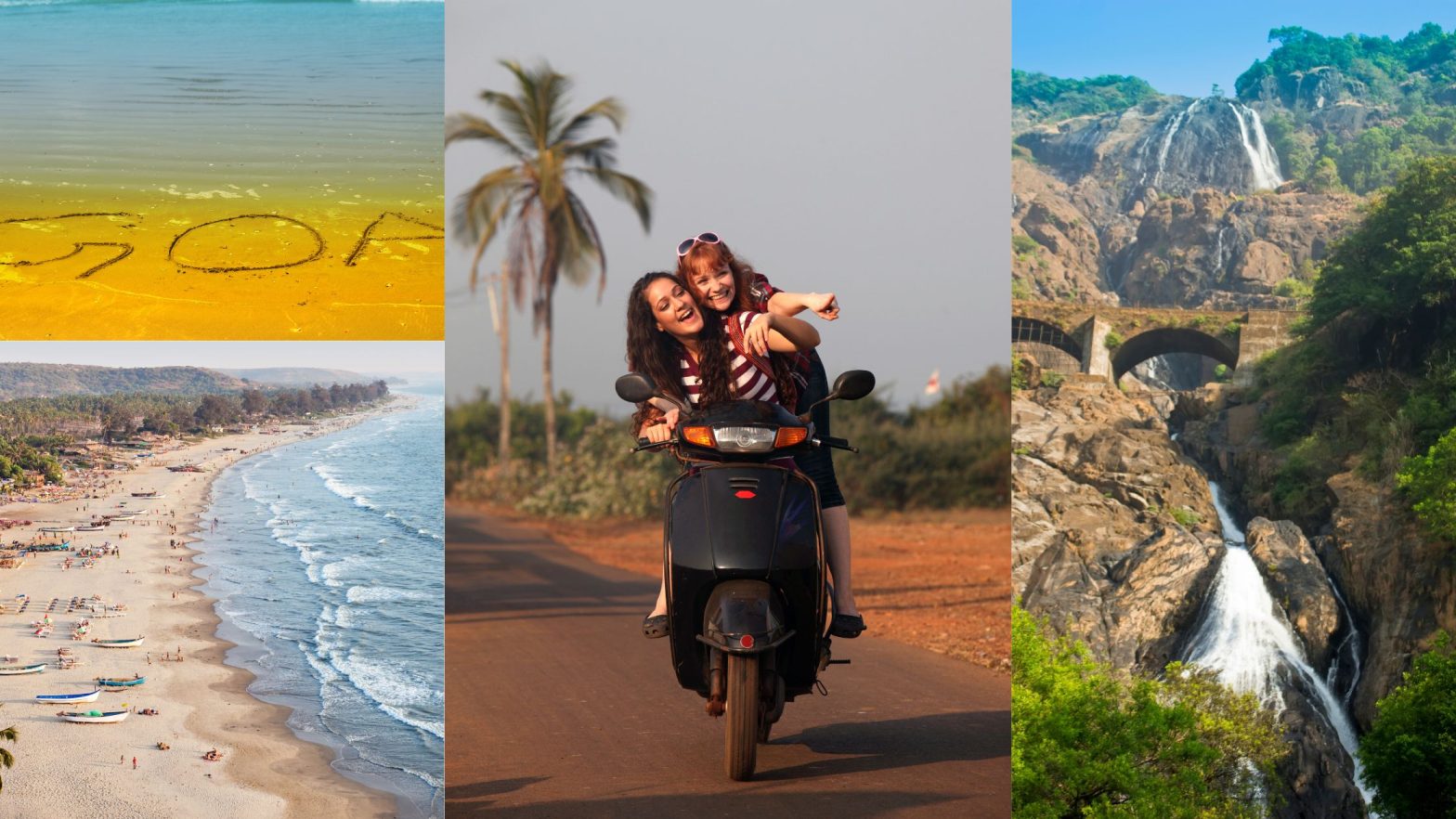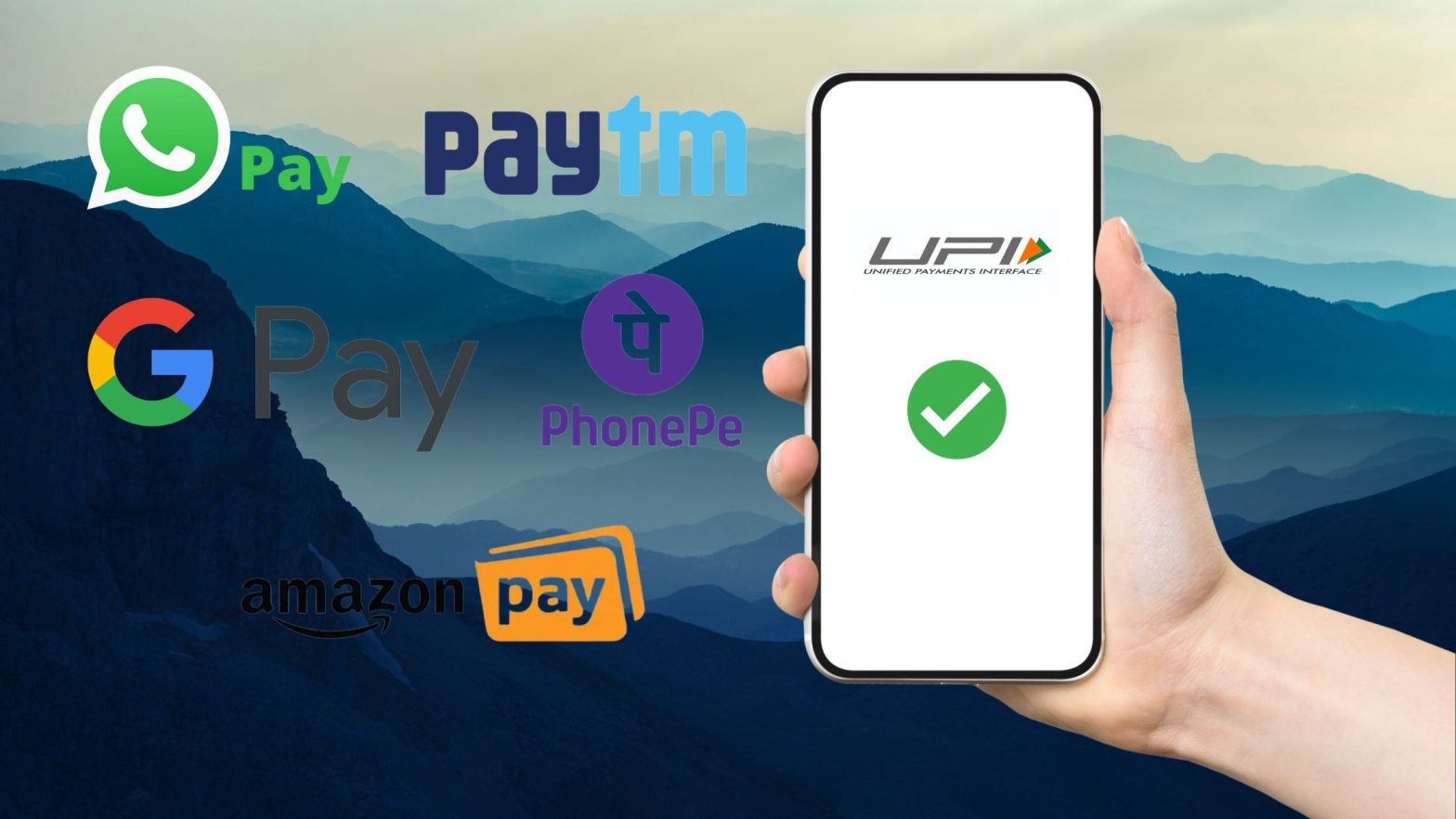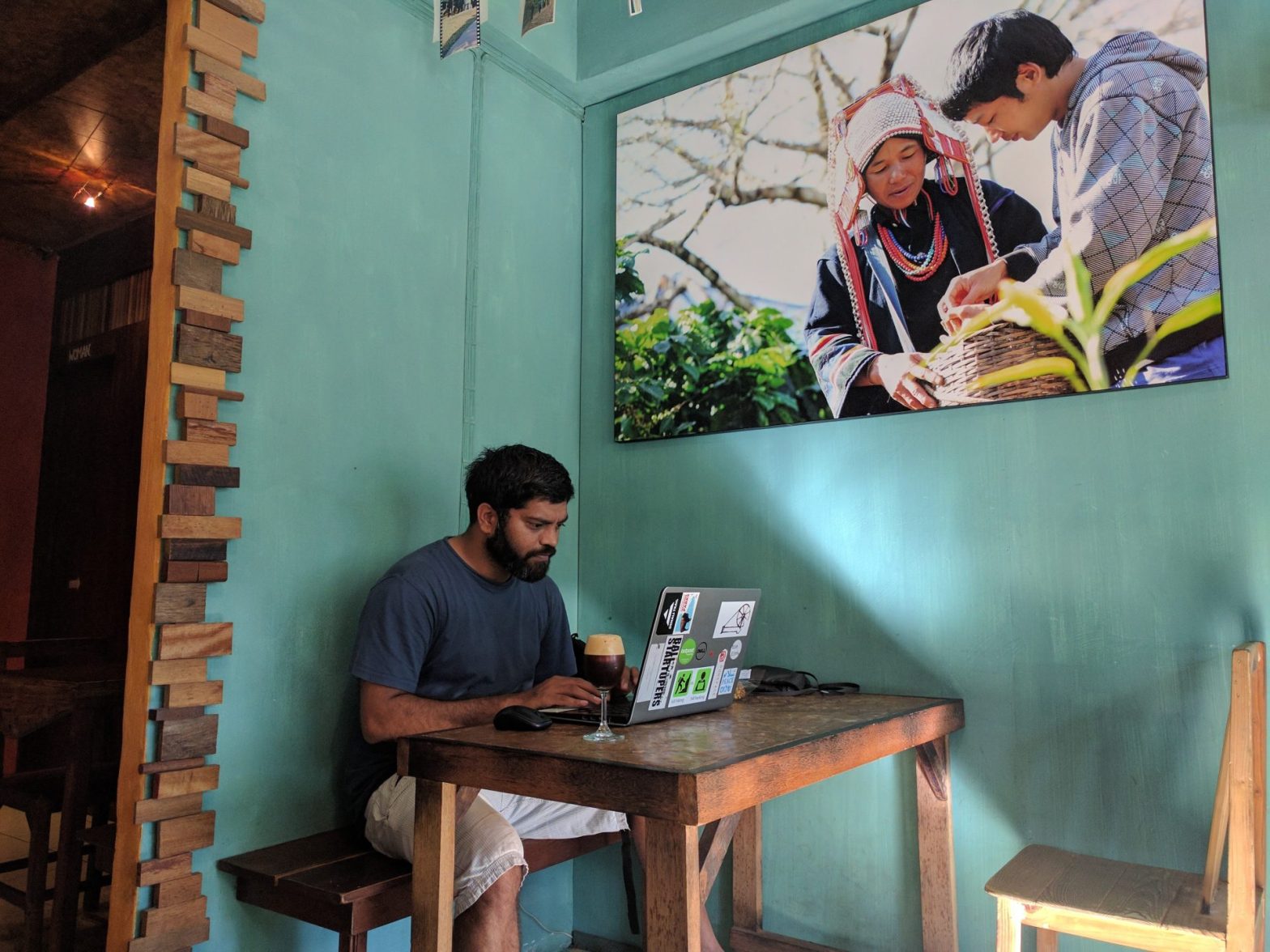Welcome to another post from NomadGao, your trusted haven for coliving and coworking in India’s most stunning destinations. As we aim to make your stay as smooth as possible, we are tackling an essential topic today: using UPI (Unified Payments Interface) in India as a foreigner.
The Reserve Bank of India (RBI) has recently opened up UPI payments to not just Non-Resident Indians (NRIs) but also to all foreign travelers entering India. This change has important implications for digital nomads, freelancers, and remote workers planning a medium- to long-term stay in India. This blog post serves as your comprehensive guide to navigating these new changes.
What is UPI?
Unified Payments Interface (UPI) is an instant payment system developed by the National Payments Corporation of India, facilitating inter-bank transactions by instantly transferring funds between two bank accounts on a mobile platform. It’s a revolutionary payment system that has made cashless transactions in India incredibly simple and convenient.
Recent Changes by RBI on UPI Payments in India
The RBI has expanded the availability of UPI payments to all foreign travelers entering India, including digital nomads and freelancers. This is a significant development, as it simplifies cashless transactions for foreigners who have always had to rely on international credit cards or cash, often incurring high fees. Amongst other hacks to save on foreign transactions in India, this one is the best!
How Does It Work?
Authorized banks and Non-Banking Financial Companies (NBFCs) can issue rupee-denominated wallets with UPI capabilities to foreign travelers. These wallets are KYC compliant and can hold up to ₹2 lakh. However, these wallets can only be used for making merchant payments and not for transferring money between accounts.
You can also use the Cheq App and get yourself verified outside the airport.
Differences Between UPI Payments in India for NRIs and Foreign Travelers
One of the key distinctions is that for NRIs, UPI is tied to fully KYC-compliant NRO/NRE accounts, whereas for foreign travelers, it’s a prepaid wallet. The benefit of this wallet is that unutilized funds can be repatriated back to your home country.
Limitations and Concerns
There are a few limitations to be aware of:
- The facility is initially available only to travellers from G20 countries.
- It’s available at select airports like Bengaluru, Mumbai, and Delhi.
KYC Process for Getting a UPI Wallet
Before you can be issued a wallet, you’ll need to undergo a Know Your Customer (KYC) process, which will include verifying your passport and visa. Once verified, the wallet will be issued immediately.
FAQs
- Can I transfer money from this wallet to my bank account in my home country?
- No, these wallets are only for merchant payments in India. You can use aggregators like Revolut, Wise and Remitly for this.
- Can I load this wallet with my international credit card?
- Yes, you can load the wallet using cash or by swiping an international credit card.
- Yes, you can load the wallet using cash or by swiping an international credit card.
Conclusion
The RBI’s new regulations are a game-changer for digital nomads and freelancers who plan to spend a considerable amount of time in India. With the ability to utilize UPI-based payments, managing your finances during your stay becomes a whole lot simpler. Keep an eye on this space for more such useful information aimed at making your nomadic journey as seamless as possible.

